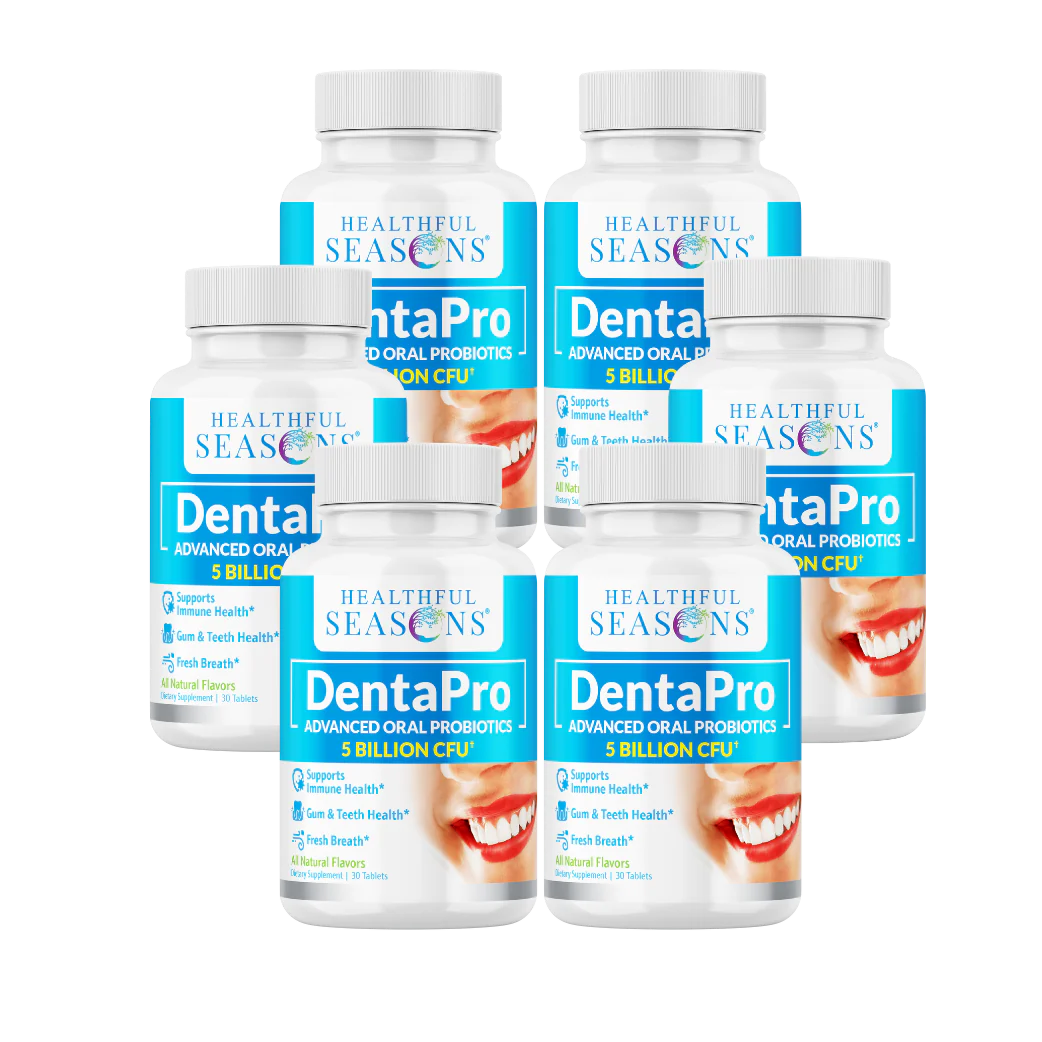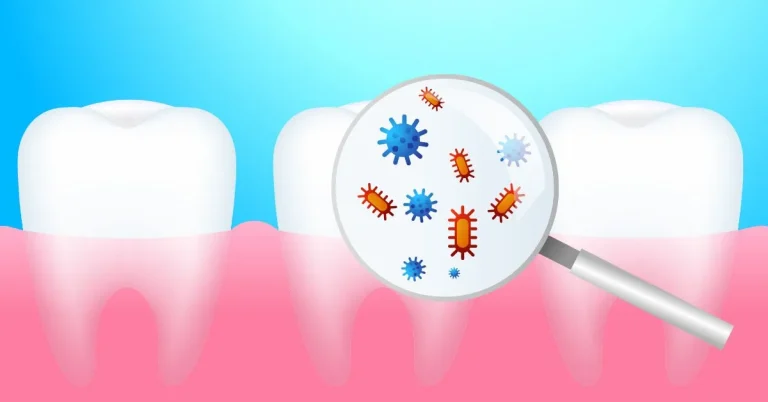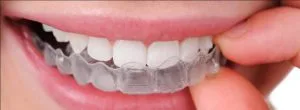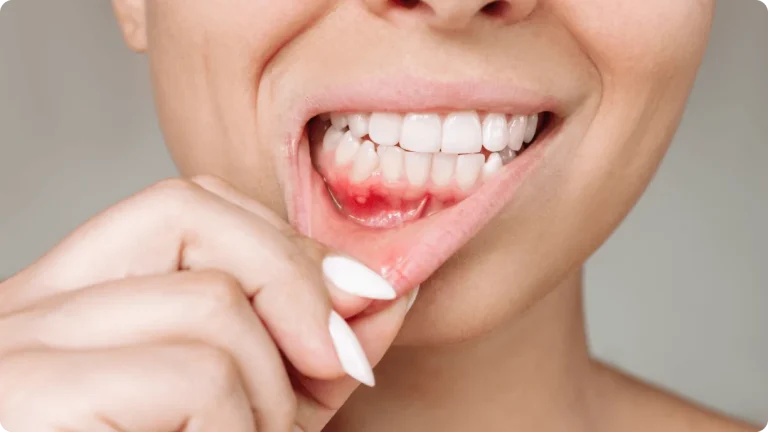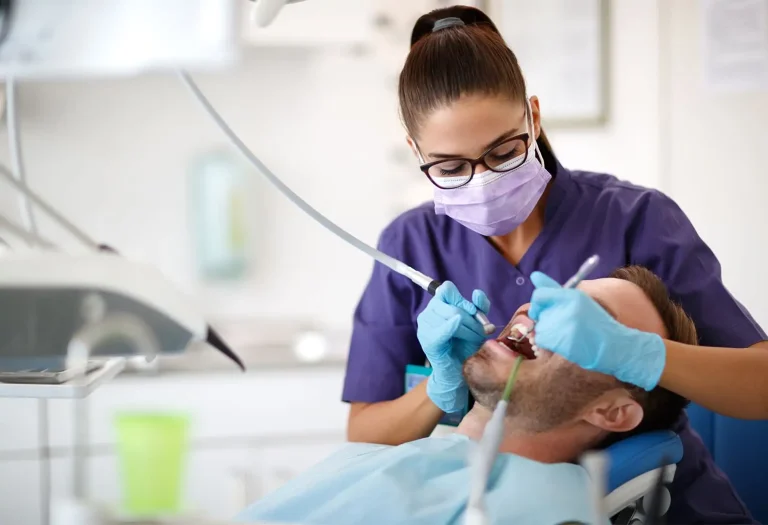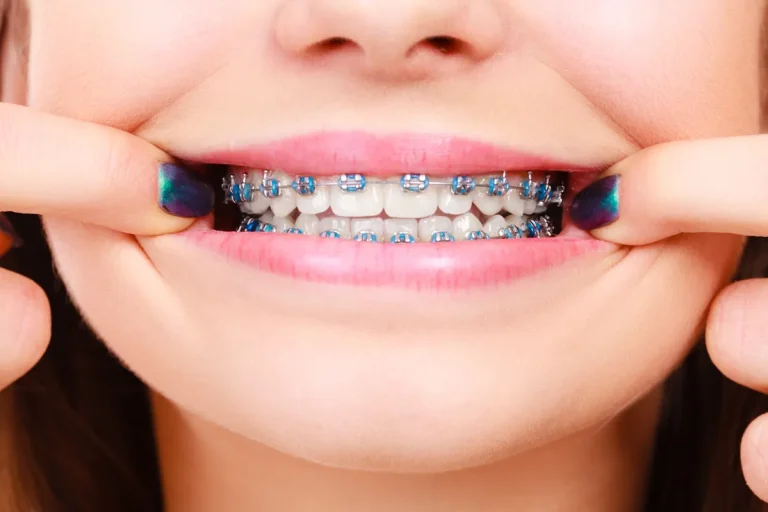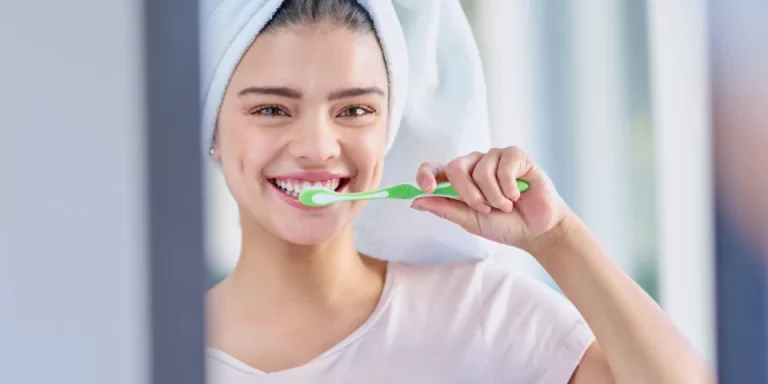Oral Probiotics: The Next Frontier in Dental Care?
When you think about probiotics, your gut probably comes to mind first—after all, they’ve been all the rage for digestive health. But what if we told you that the same good bacteria could be a game-changer for your smile? Enter oral probiotics, the next big thing in dental care that’s got everyone talking.
As more people look for natural ways to boost their health, oral probiotics are stepping into the spotlight. These tiny warriors work by balancing the bacteria in your mouth, helping to fend off cavities, gum disease, and even bad breath. But are they really as effective as they sound? And could they one day replace your trusty toothbrush and floss?
Let’s face it—nobody loves sitting in the dentist’s chair. What if oral probiotics could help you spend less time there? From preventing plaque buildup to supporting gum health, the potential benefits are hard to ignore. So, grab a cup of coffee (or maybe a probiotic yogurt!) and let’s dive into the world of oral probiotics. Could this be the secret to a healthier, happier smile? Let’s find out.
What Are Oral Probiotics and How Do They Work?
Okay, let’s break it down. Oral probiotics are live beneficial bacteria specifically designed to support your mouth’s microbiome. Think of them as the friendly neighbors who keep the troublemakers in check. While traditional probiotics focus on gut health, oral probiotics target the unique ecosystem in your mouth.
Your mouth is home to billions of bacteria—some good, some not so good. The problem starts when the bad guys (like Streptococcus mutans, the main culprit behind cavities) throw a party and take over. That’s where oral probiotics come in. They introduce good bacteria (like Lactobacillus and Bifidobacterium) to crowd out the harmful ones, restoring balance and keeping your mouth healthy.
Here’s a fun way to think about it: your mouth is like a garden. If you let the weeds grow unchecked, they’ll take over and ruin everything. But if you plant some beautiful flowers (aka good bacteria), they’ll naturally keep the weeds at bay. Oral probiotics are like the gardener, making sure your oral ecosystem stays lush and thriving.
So, how do they work? When you take oral probiotics—whether in lozenges, chewables, or even certain kinds of toothpaste—they release beneficial bacteria into your mouth. These bacteria stick around, competing with harmful microbes for space and resources. Over time, this can lead to fewer cavities, healthier gums, and fresher breath.
But here’s the kicker: oral probiotics aren’t a magic bullet. They’re not going to replace brushing and flossing (sorry, lazy folks!). Instead, they’re a powerful addition to your oral care routine, giving you an extra layer of protection. Think of it like adding a security system to your already locked doors—it’s just one more way to keep the bad guys out.
Curious about how this all plays out in real life? Stick around—we’re just getting started.
The Potential Benefits of Oral Probiotics
Alright, let’s get to the good stuff—what can oral probiotics actually do for your smile? Turns out, the potential benefits are pretty impressive. From fighting cavities to keeping your gums in tip-top shape, these tiny microbes are like the Swiss Army knife of dental care. Here’s the lowdown:
1. Cavity Prevention
Nobody likes cavities, but let’s be real—sugar happens. Oral probiotics can help by reducing the levels of Streptococcus mutans, the bacteria responsible for tooth decay. By crowding out these troublemakers, probiotics create an environment where cavities are less likely to form. It’s like having a bouncer at the door of your mouth, keeping the bad guys out.
2. Gum Health Boost
Gum disease is no joke—it can lead to everything from bad breath to tooth loss. Oral probiotics have been shown to reduce inflammation and support healthy gums by balancing the bacteria in your mouth. Imagine your gums as a cozy neighborhood. Probiotics are the friendly neighbors who help keep the peace and prevent any drama.
3. Fresher Breath
Let’s talk about the elephant in the room: bad breath. While mints and mouthwash can mask the problem, oral probiotics tackle it at the source. By reducing the bacteria that cause odor, they help keep your breath fresh all day long. No more awkward mint-popping before meetings!
4. Protection Against Oral Thrush
Oral thrush, a fungal infection caused by an overgrowth of Candida, can be a real pain. Probiotics like Lactobacillus can help keep Candida in check, reducing the risk of this uncomfortable condition.
5. Overall Immune Support
Here’s a fun fact: your mouth is the gateway to your body. A healthy mouth can actually support your overall immune system. By maintaining a balanced oral microbiome, probiotics may help your body fend off infections and stay in fighting shape.
Now, let’s put this into perspective. Imagine you’re at a party, and your mouth is the dance floor. The bad bacteria are the ones spilling drinks and causing chaos, while the good bacteria are the cool, responsible guests keeping everything under control. Oral probiotics are like the ultimate party planners, making sure the good guys outnumber the troublemakers.
But before you start stocking up on probiotic lozenges, let’s take a closer look at what the science says. Are these benefits backed by solid research, or is it all just hype? Let’s dive into the latest findings.
Current Research on Oral Probiotics
Alright, let’s get nerdy for a minute. What does the science actually say about oral probiotics? Are they the real deal, or just another health trend? The good news is, researchers are diving deep into this topic, and the results so far are pretty promising.
1. Cavity Prevention
A 2020 study published in the Journal of Applied Microbiology found that certain strains of Lactobacillus and Bifidobacterium can significantly reduce the levels of cavity-causing bacteria in the mouth. Participants who used probiotic lozenges showed a noticeable decrease in plaque buildup and a lower risk of cavities. It’s like giving your teeth a tiny army of defenders—pretty cool, right?
2. Gum Health
Gum disease affects nearly half of adults over 30, so finding new ways to combat it is a big deal. Research in the Journal of Clinical Periodontology suggests that oral probiotics can help reduce inflammation and improve gum health. One study even found that participants who used probiotic supplements had less bleeding and swelling in their gums compared to those who didn’t.
3. Bad Breath
Nobody wants to be the person with bad breath, and science is on your side. A study in the International Journal of Dentistry found that oral probiotics can reduce levels of volatile sulfur compounds (VSCs)—the stinky culprits behind halitosis. Participants who took probiotics reported fresher breath and fewer embarrassing moments.
4. Oral Thrush
For those prone to oral thrush, probiotics might be a game-changer. Research in the Journal of Oral Microbiology shows that strains like Lactobacillus reuteri can inhibit the growth of Candida, the fungus responsible for thrush. This could mean fewer infections and a happier mouth overall.
But Wait—There’s a Catch
While the research is exciting, it’s still in its early stages. Most studies have small sample sizes, and long-term effects aren’t fully understood yet. Plus, not all probiotics are created equal. The strain, dosage, and delivery method (like lozenges vs. chewables) can all impact how effective they are.
So, what’s the takeaway? Oral probiotics show a lot of promise, but they’re not a one-size-fits-all solution. Think of them as a helpful tool in your oral care toolkit, not a magic wand.
Now, let’s talk about how oral probiotics stack up against the tried-and-true methods you already know—brushing, flossing, and mouthwash. Are they a replacement, or just a sidekick? Let’s compare.
Oral Probiotics vs. Traditional Oral Care Methods
Let’s be real—brushing and flossing are the OGs of oral care. They’ve been around forever, and for good reason: they work. But where do oral probiotics fit into the picture? Are they here to replace your toothbrush, or just to give it a little backup? Let’s break it down.
Brushing and Flossing: The Dynamic Duo
Brushing twice a day and flossing daily are the foundation of good oral hygiene. They physically remove plaque, food particles, and bacteria from your teeth and gums. It’s like taking out the trash—if you don’t do it regularly, things get messy fast.
Mouthwash: The Refreshing Finisher
Mouthwash can be a great addition to your routine, especially if it contains fluoride or antibacterial ingredients. It reaches places your toothbrush might miss and leaves your mouth feeling fresh. But here’s the thing: traditional mouthwash doesn’t discriminate—it kills both good and bad bacteria. That’s where oral probiotics come in.
Oral Probiotics: The New Kid on the Block
Unlike mouthwash, oral probiotics don’t nuke everything in sight. Instead, they introduce good bacteria to crowd out the bad ones. Think of it like this: if brushing and flossing are the cleanup crew, probiotics are the maintenance team, keeping things balanced and preventing future problems.
Can Probiotics Replace Brushing and Flossing?
Short answer: nope. Oral probiotics are a supplement, not a substitute. You still need to brush and floss to remove plaque and food debris. But here’s the cool part: probiotics can enhance your routine by addressing issues that brushing and flossing alone can’t fix, like balancing your oral microbiome or reducing harmful bacteria.
The Best of Both Worlds
Imagine your oral care routine as a team sport. Brushing and flossing are your star players, doing the heavy lifting. Mouthwash is the coach, giving you that extra boost. And oral probiotics? They’re the secret weapon, helping you stay ahead of the game.
So, should you add oral probiotics to your routine? If you’re looking for an extra layer of protection, they’re definitely worth considering. But remember, they’re not a replacement for the basics. Think of them as the cherry on top of your already solid oral care sundae.
Now, let’s take a peek into the future. What’s next for probiotic dental care? Could we see probiotic-infused toothpaste or personalized treatments? Let’s explore the possibilities.
The Future of Probiotic Dental Care
Alright, let’s put on our futuristic goggles for a second. Oral probiotics are already making waves, but what’s next? Could we be looking at a world where your toothpaste is packed with probiotics, or your dentist prescribes a custom blend of good bacteria tailored just for you? The possibilities are pretty exciting.
1. Probiotic-Infused Products
Imagine brushing your teeth with probiotic toothpaste or swishing with probiotic mouthwash. These products are already starting to hit the market, and they could become as common as fluoride toothpaste in the near future. The idea is simple: combine the benefits of traditional oral care with the power of probiotics for a one-two punch against cavities and gum disease.
2. Personalized Probiotic Treatments
Here’s where things get really cool. Scientists are exploring the idea of personalized probiotics based on your unique oral microbiome. By analyzing the bacteria in your mouth, they could create a custom blend of probiotics designed specifically for your needs. It’s like having a tailored suit, but for your teeth.
3. Probiotics in Dental Procedures
What if your next filling or cleaning included a dose of probiotics? Researchers are looking into ways to incorporate probiotics into dental treatments to promote healing and prevent infections. For example, probiotics could be used after a deep cleaning to support gum health or after a root canal to reduce the risk of complications.
4. Probiotics for Kids
Kids and cavities seem to go hand in hand, but what if we could change that? Probiotic gummies or chewables designed for children could help establish a healthy oral microbiome from an early age, setting them up for a lifetime of good dental health.
5. Beyond the Mouth
Your mouth is the gateway to your body, so it’s no surprise that oral health is linked to overall health. Future research could explore how oral probiotics impact conditions like heart disease, diabetes, and even mental health. The potential is huge, and we’re only scratching the surface.
What Does This Mean for You?
While some of these advancements are still in the works, one thing is clear: oral probiotics are here to stay. Whether you’re using them now or waiting for the next big thing, it’s an exciting time to be thinking about your oral health.
So, what’s the bottom line? Oral probiotics are more than just a trend—they’re a glimpse into the future of dental care. And who knows? Your next trip to the dentist might include a probiotic prescription.
Now that we’ve explored the potential of oral probiotics, let’s wrap things up and talk about what you can do to take advantage of this innovative approach to dental care.
Conclusion
So, here’s the deal: oral probiotics are shaking things up in the world of dental care. From preventing cavities to supporting gum health, these tiny bacteria pack a powerful punch. While they’re not a replacement for brushing, flossing, or regular dental checkups, they’re a fantastic addition to your oral care routine—like the cherry on top of your dental health sundae.
The science is promising, and the potential benefits are hard to ignore. Whether you’re dealing with bad breath, worried about gum disease, or just looking for an extra layer of protection, oral probiotics could be worth a try. Plus, with advancements like probiotic-infused toothpaste and personalized treatments on the horizon, the future of dental care is looking brighter than ever.
But before you rush out to buy the first probiotic product you see, here’s a pro tip: talk to your dentist. They can help you figure out if oral probiotics are right for you and recommend the best products for your needs. After all, your smile is unique, and your dental care should be too.
So, what are you waiting for? The next frontier in dental care is here, and it’s time to explore it. Your teeth—and your future self—will thank you. Ready to take the plunge? Schedule a chat with your dentist and see if oral probiotics could be the missing piece in your oral health puzzle. Your smile deserves it!
FAQs
What are oral probiotics?
Oral probiotics are live, beneficial bacteria designed to support the balance of the microbiome in your mouth, promoting oral health.
How do oral probiotics work?
They introduce good bacteria that compete with harmful bacteria for space and resources in your mouth, helping to reduce the risk of cavities, gum disease, and bad breath.
Are oral probiotics a replacement for brushing and flossing?
No, oral probiotics are a supplement to, not a replacement for, brushing and flossing. They enhance your existing oral care routine.
What are the potential benefits of using oral probiotics?
Potential benefits include cavity prevention, improved gum health, fresher breath, protection against oral thrush, and overall immune support.
Can oral probiotics help with bad breath?
Yes, oral probiotics can reduce the levels of volatile sulfur compounds (VSCs), which are the primary cause of bad breath.
Are there any scientific studies that support the use of oral probiotics?
Yes, studies have shown that certain strains of Lactobacillus and Bifidobacterium can reduce cavity-causing bacteria and improve gum health.
How do oral probiotics compare to traditional mouthwash?
Traditional mouthwash kills both good and bad bacteria, while oral probiotics introduce beneficial bacteria to balance the oral microbiome.
What forms do oral probiotics come in?
Oral probiotics are available in various forms, including lozenges, chewables, toothpaste, and mouthwash.
Are oral probiotics safe for kids?
Probiotic gummies or chewables designed for children can help establish a healthy oral microbiome from an early age.
Should I talk to my dentist before using oral probiotics?
Yes, it’s best to consult with your dentist to determine if oral probiotics are right for you and to get recommendations for the best products for your specific needs.

